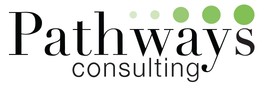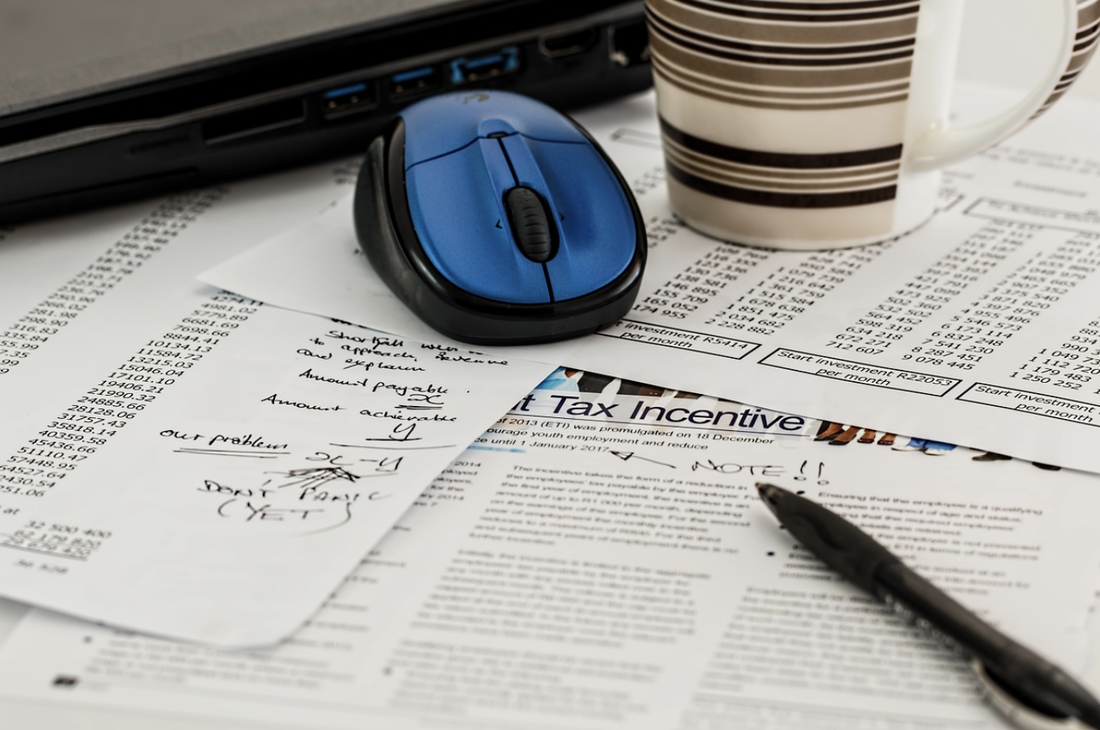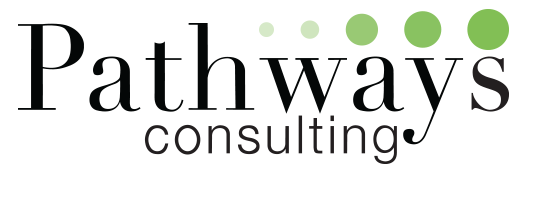|
Small businesses are no exception to the IRS and tax season. Owning a small business can feel overwhelming and scary at times, especially during the intense months of tax season. As with most aspects regarding taxes, it gets a little complicated. There are six main types of business taxes you should know about.
Income Tax This is the tax on wages, investments, and gains. Basically, any money you have received as an income over the year. For a business, you also have to consider the net income you have received. The type of business you have set up will determine the forms you must file. Employment Tax These taxes are complicated can end in penalties and criminal prosecution if not filed correctly or on time. It is important to ensure you are filing these correctly, so maybe you should leave it to the experts here at Pathways. Self-Employment Tax If you gained more than $600 last year, you must pay this tax as a self-employees individual. You’ll have to pay the entire amount of taxes that would have been taken out of your paychecks through the year. Excise Tax For businesses that sell goods, you’ll need to understand this tax. While this tax is mostly included in the price of goods, you still are responsible for documenting and sending these taxes to the IRS. Sales Tax Make sure that you are keeping track of the sales tax on items you are selling through your business. Each state is different, and along with that comes the responsibility of knowing the difference. Property Tax As simply as it sounds, the property you own is taxed as well. Keep your business organized so tax season doesn’t feel so scary. If you still have trouble, schedule an appointment with Pathways today and have your taxes completed by professionals.
0 Comments
Tax season doesn’t have to be scary, as long as you know what needs to be prepared beforehand! As a small business owner, tax season tends to be a stressful time, but our team at Pathways is hoping to change that!
When filing your federal income tax for your small business, you have different forms for different company set ups. If you run a sole proprietorship, your tax form will be different as compared to an LLC. The first step to the tax process is to gather up all your records that report income and expenses. This is where Quickbooks comes in handy. It’ll have all your data stored and organized for easy recall during tax season! Choosing the correct form for your business model sounds daunting, but it doesn’t have to be. Sole proprietorships allow owners to use a Schedule C attachment to their personal income tax return. If under an LLC, they can use this attachment but also must use Form 1120. The only steps left are to fill out your forms appropriately and to get it done before the deadline. Pathways can help with both of these steps as long as you schedule an appointment with one of our tax experts! New Year, New Tax Season!2019 is almost here, and that means so is tax season. While we usually take a moment to discuss taxes and your business, we want to change it up and say just how thankful we are of each and every one of you. As a local business, we are appreciative of every person who walks through our doors in need of tax preparation or understanding. We enjoy working with local business professionals who seek our services.
In the new year, we hope that you continue to look to Pathways as a company you can trust and call on. You can keep up to date on our company, local events, and other fun topics through our social media, so be sure to give us a follow! Facebook: Pathways Consulting, LLC Twitter: @PathwaysConsul LinkedIn: Nanette Slappey West Thank you, and Happy New Year from all of us at Pathways! |
AuthorThe Pathways Team Archives
September 2020
Categories
All
|
|
(843) 261-9293
105 South Cedar St. Suite E Summerville, SC 29483 9:00am- 5:00pm, Monday- Friday |




 RSS Feed
RSS Feed
